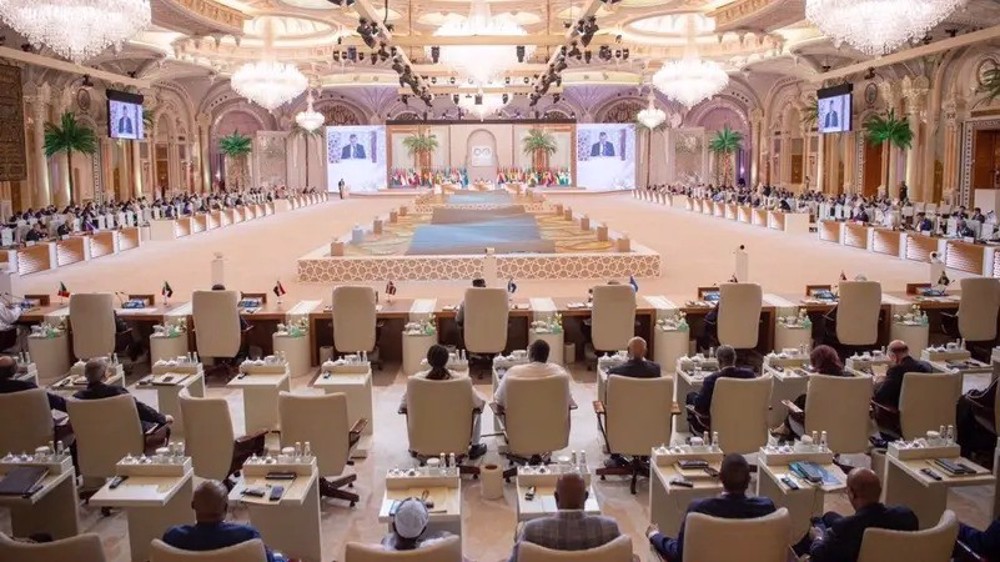Saudi authorities arrest 20 opponents amid talk of king's abdication
Saudi security forces have reportedly arrested nearly 20 people, known for opposing the absolute monarchy in the Persian Gulf kingdom, in the past 24 hours.
According to multiple unidentified sources and tweets by rights organizations, journalists and others, Prince Abdul Aziz Bin Fahd al Saud, a son of former King Fahd, is among those arrested.
The arrests come amid reports that King Salman bin Abdulaziz Al Saud plans to renounce power in favor of his son, Crown Prince Mohammed.

The sources said among the detainees were also two clerics, identified as Salman al-Odah and Awad al-Qarni who have sparked controversies in the past over their opinions about social life in Saudi Arabia.
Saudi human rights group AlQST reported that Odah, who was imprisoned from 1994-99 for agitating for political change and who has 14 million followers on Twitter, was arrested on Saturday night for posting a tweet in support of mediation to settle a dispute between Saudi Arabia and Qatar.
Saudi Arabia, Bahrain, Egypt, and the United Arab Emirates cut their diplomatic ties with Qatar on June 5, accusing Doha of sponsoring terrorism and destabilizing the region, charges Doha denies.

"May God harmonize between their hearts for the good of their people," Odah had written on Twitter, in reference to a phone call made between the Saudi crown prince and the Qatari ruler during which both leaders stressed the need to resolve the crisis through dialogue. Riyadh, however, suspended plans for negotiations minutes later.
The regime forces also detained al-Qarni, another cleric with an alleged 2.2 million Twitter followers.
Exiled Saudi opposition activists have called for demonstrations on September 15 in a bid to galvanize opposition to the royal family.
Since the establishment of Saudi Arabia as an absolute monarchy in 1932, the system has been effectively known as a hereditary dictatorship and monarchy.
The kingdom is struggling with plummeting oil prices. The Al Saud regime also faces criticism over its deadly military campaign against neighboring Yemen, which it launched on March 26.
Many also see Riyadh's policies as a major cause of the crises in the region, especially in Syria and Iraq.
Hezbollah attacks Israeli forces after Lebanese homes blown up
World leaders, states hail ICC arrest warrants for Netanyahu, Gallant
MP: US accountable for possible Israeli 'foolishness' to attack Iraq
VIDEO | Israeli policies strangle Palestinian agriculture, economy
Iran's president offers condolences to Pakistan over terrorist attack
Canada’s Yukon town council at standstill over refusing oath to King Charles
Yemen's Houthi calls for jihad to protect Palestine against Israel
VIDEO | Internal rifts within Israel














 This makes it easy to access the Press TV website
This makes it easy to access the Press TV website